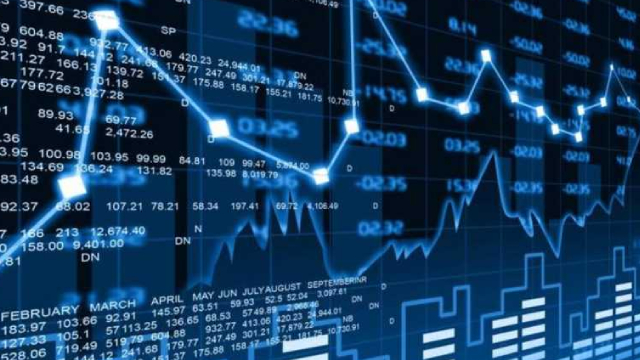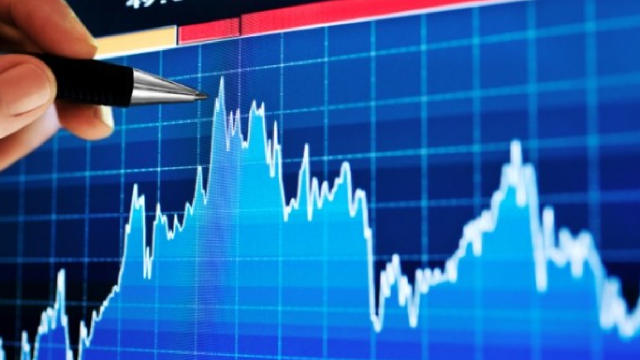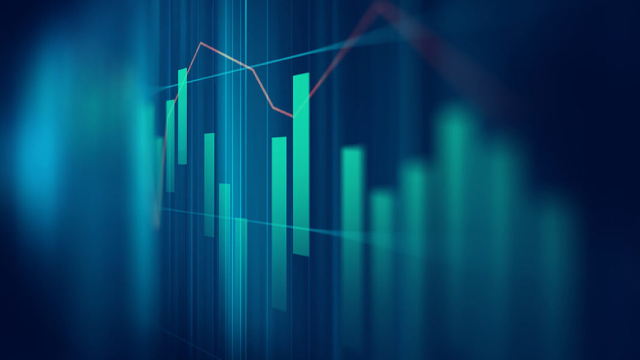Last Week’s Economic Reports: A Looming Shadow over the U.S. Economy
Last week’s economic reports brought a wave of concerns for the U.S. economy, with rising inflationary pressures and plummeting consumer confidence casting a dark shadow over the market. Let us delve deeper into these economic indicators and their implications.
Inflationary Pressures on the Rise: The PCE Price Index
The Federal Reserve’s preferred inflation gauge, the Personal Consumption Expenditures (PCE) Price Index, unexpectedly accelerated by 0.6% in April, following a 0.2% increase in March. This marked the largest one-month increase since August 2011.
The core PCE Price Index, which excludes food and energy prices, rose by 0.3%, the biggest gain since 2018. This unexpected surge in inflationary pressures has fueled concerns about persistent price pressures and the potential for the Federal Reserve to raise interest rates more aggressively to curb inflation.
Consumer Confidence Takes a Hit: The Consumer Confidence Index
The Conference Board’s Consumer Confidence Index dropped to 101.3 in May from an upwardly revised 106.4 in April. This marked the largest one-month decline since the pandemic-induced plunge in April 2020.
The present situation component of the index, which measures consumers’ assessment of current business and labor market conditions, fell to 127.6 from 134.2 in April. The expectations component, which measures consumers’ optimism about the short-term future, dropped to 83.4 from 95.1.
Implications for Individuals
For individuals, these economic reports could mean higher costs for goods and services, as businesses pass on their increased production and labor costs to consumers. This could lead to a decrease in purchasing power and potentially slower economic growth.
- Higher prices for goods and services
- Decreased purchasing power
- Potential for slower economic growth
Implications for the World
The economic reports’ implications extend beyond the U.S. borders. Rising inflationary pressures could lead to similar trends in other countries, potentially sparking a global inflationary spiral. Furthermore, a decline in consumer confidence could negatively impact global economic growth.
- Rising inflationary pressures in other countries
- Potential for a global inflationary spiral
- Negative impact on global economic growth
Conclusion
Last week’s economic reports painted a concerning picture of rising inflationary pressures and plummeting consumer confidence, casting a shadow over the U.S. economy and sending the stock market into a decline. For individuals, this could mean higher costs for goods and services, decreased purchasing power, and potentially slower economic growth. For the world, these trends could lead to similar issues in other countries, sparking a global inflationary spiral, and negatively impacting global economic growth.
As the situation unfolds, it is crucial for individuals and businesses to stay informed and adapt to the changing economic landscape. This may include reevaluating budgets, seeking out cost-saving measures, and staying informed about policy developments that could impact the economy.





